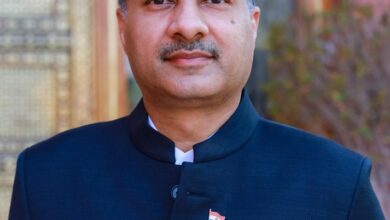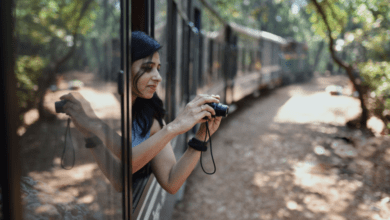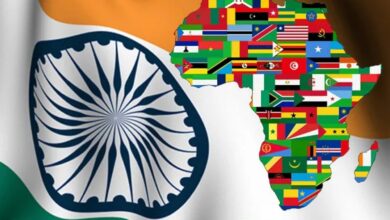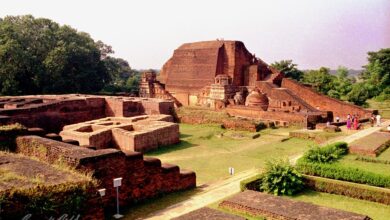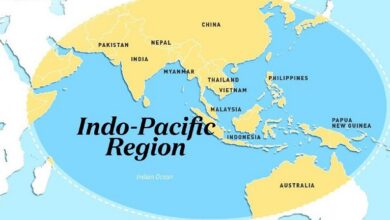A Celebration of Freedom and Unity
Every year on August 15, India celebrates its Independence Day, marking the end of British colonial rule in 1947. This day is not just a public holiday but a significant event that commemorates the sacrifices and struggles of countless freedom fighters who fought for the nation’s sovereignty.
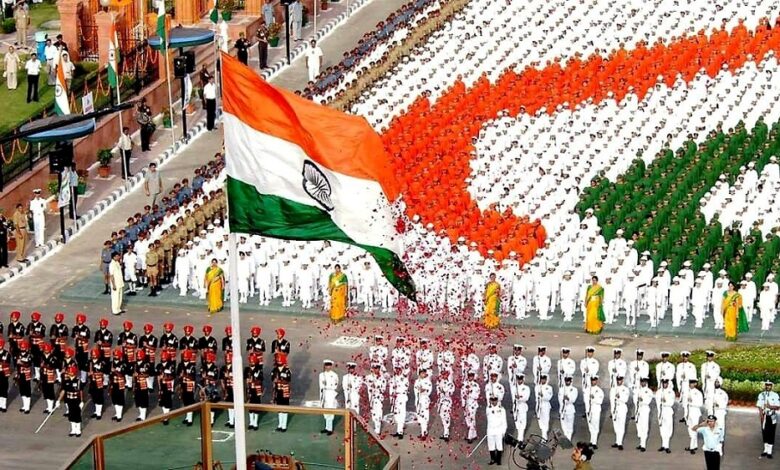
The roots of India’s struggle for independence can be traced back to the late 19th century when the Indian National Congress (INC) was formed in 1885. The INC became the principal leader of the Indian independence movement, advocating for self-rule and civil rights. The movement gained momentum under the leadership of Mahatma Gandhi, who championed non-violent resistance and civil disobedience against British rule.
The pivotal moment came during World War II when the British government, weakened by the war, promised to grant India independence. However, the process was fraught with challenges, including the partition of India and Pakistan, which led to widespread violence and displacement. Despite these hardships, India emerged as a free nation on 15 August, 1947.
Independence Day is celebrated with great enthusiasm and patriotic fervor across India. The day begins with the Prime Minister hoisting the national flag at the Red Fort in Delhi, followed by a speech addressing the nation. This tradition was started by India’s first Prime Minister, Jawaharlal Nehru, who delivered his famous ‘Tryst with Destiny’ speech on the eve of independence.
The flag-hoisting ceremony is accompanied by a grand parade showcasing India’s cultural diversity and military prowess. Various states also organize their own celebrations, including flag-hoisting ceremonies, parades, and cultural programs. Schools and colleges participate actively, with students performing patriotic songs, dances, and skits.

Independence Day is not only a time for celebrations, it is also an opportunity for all of us to reflect on the values of freedom, democracy, and unity. It serves as a reminder of the sacrifices made by freedom fighters and the importance of preserving the hard-earned independence. The day also highlights India’s progress and achievements in various fields, from science and technology to arts and culture.
In recent years, the celebrations have also included initiatives to promote social causes such as cleanliness drives, tree planting, and awareness campaigns on various issues. These activities aim to instill a sense of responsibility and community service among citizens.
Indian communities around the world also celebrate Independence Day with equal enthusiasm. Indian embassies and consulates organize flag-hoisting ceremonies, cultural programs, and community gatherings. These events serve as a platform for Indians abroad to connect with their roots and celebrate their heritage.
Independence Day is more than just a holiday; it is a day of pride, unity, and reflection for every Indian. It is a celebration of the nation’s journey from colonial rule to becoming a sovereign republic. As India continues to progress and evolve, Independence Day remains a testament to the enduring spirit of freedom and the collective aspirations of its people.








